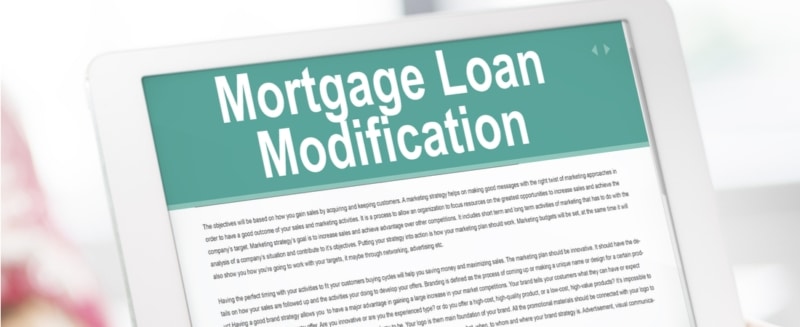The loan modification process can be very frustrating. If your loan modification is rejected, consider selling your house in a short sale.
Q: We are currently underwater on our primary home mortgage. Our mortgage has been modified twice and all payments were added to the back of mortgage. Our loan was once $216,000 and the balance is now $285,000.
The home needs repairs and we have no money left over after paying our home expenses for anything. Our monthly gross income is $4,800. The bank suggested we trying to modify our loan again. We sent in our documents and if we are rejected, the bank has indicated that they will approve a short sale. But they have told us that we must be rejected first before they would consider approving a short sale.
Homes in our area like ours are selling for around $75,000 to $145,000. Just wondering: Are we fighting a losing battle?
A: It would seem to us you are fighting a losing battle and selling the home in a short sale might be a good option for you. The lender has modified your loan several times and has increased your loan balance each time.
You have to consider the possibility that your lender is attempting to keep you in the home for as long as possible, extracting as much money from you on the higher loan balance.
Under normal underwriting guidelines, you should only be able to borrow an amount that would cause you to pay no more than 28 percent of your gross monthly income towards your housing expenses or up to 36 percent of your gross monthly income towards all of your debt obligations.
Your gross yearly income is $57,600 so the most you should pay in housing expenses is $16,128. Given this income, the most you should pay towards all of your debt obligations should be $20,736.
Given your loan balance of $285,000 and if we assume you receive a 3.5 percent interest rate on your loan, your monthly payment on the loan would be about $1,280 or about $15,360. Depending on where you live, your property taxes might be between $2,000 and $4,000, homeowner’s insurance might be around $800. So your annual loan expenses would be around $19,000 and well above the usual ratios.
If you have other expenses that ordinarily get included in the 36 percent total debt ratio, you’re at, or well past, the 36 percent of gross monthly income ratio.
Your lender would have to reduce significantly the interest rate they are willing to give you to bring you down to ratios that would work with your current income level.
Unless you see the possibility of increasing your annual income substantially, your prospects of making it with another loan modification with this lender seem remote. The only option that would work is a principal balance reduction. If the lender doesn’t agree to reduce your loan balance, your ratios will still be too high and you will pay too much in monthly expenses towards your housing and, as with many loan modifications, you’ll find yourself in trouble again down the line.
You’d have to talk to a different mortgage lender or mortgage broker in your area to get more information or to a non-profit credit counseling service about your situation and discuss your options with them as well.
Once you have a better idea of your options, you might conclude that selling the home in a short sale is a better deal. While the short sale will damage your credit history and credit score, it will allow you and your family to move on and rebuild your financial life.







I qualified for a loan modification in 2011, every year the interest rate is adjusted, I realize I might have made a mistake. Is there any way to turn a modified loan into a conventional one?